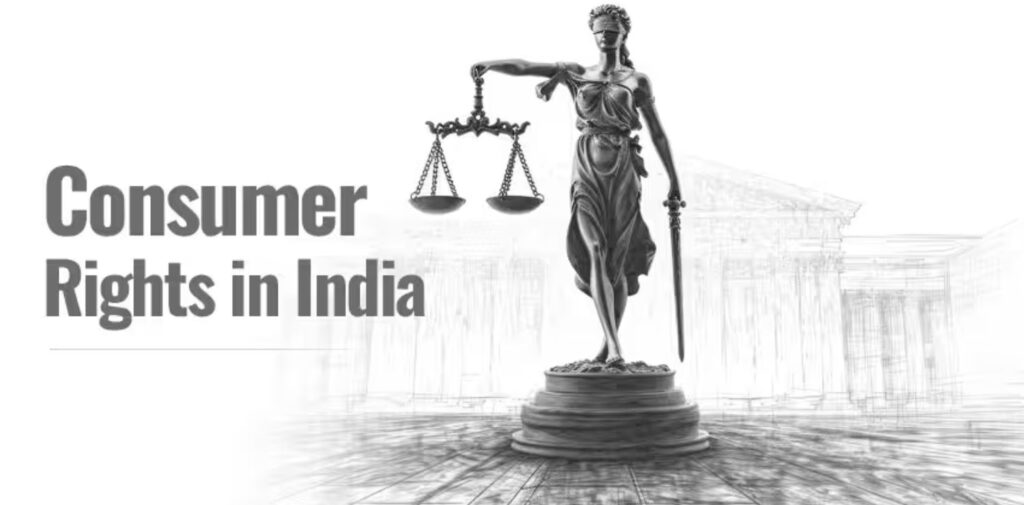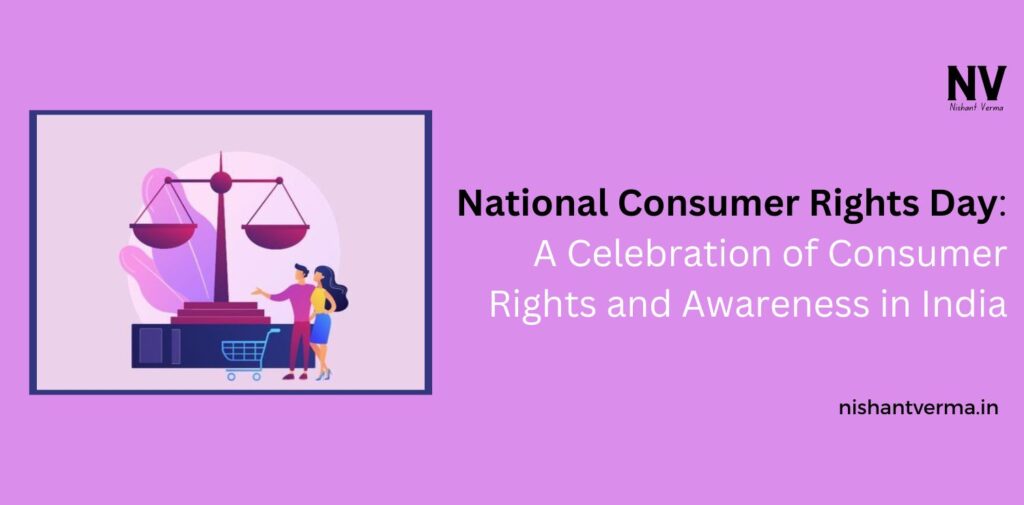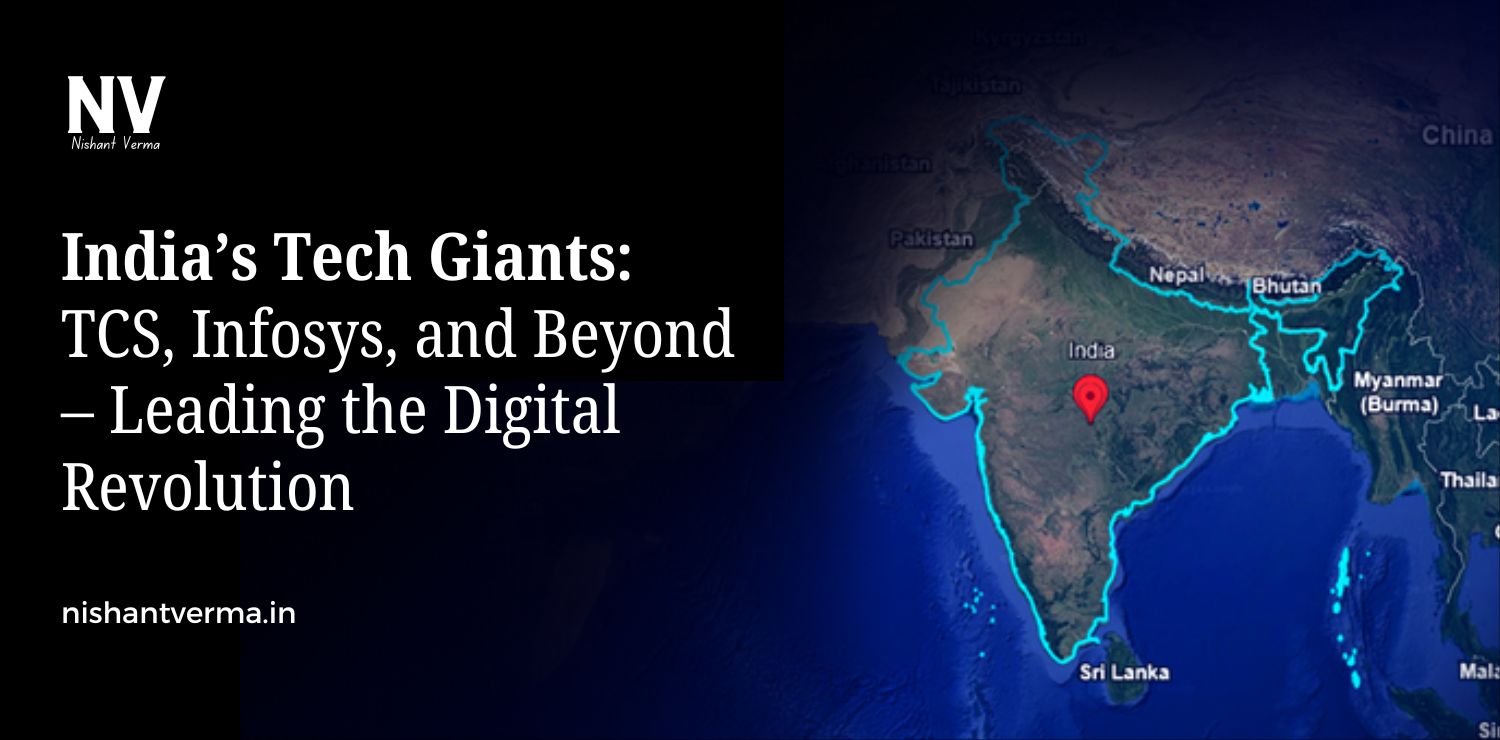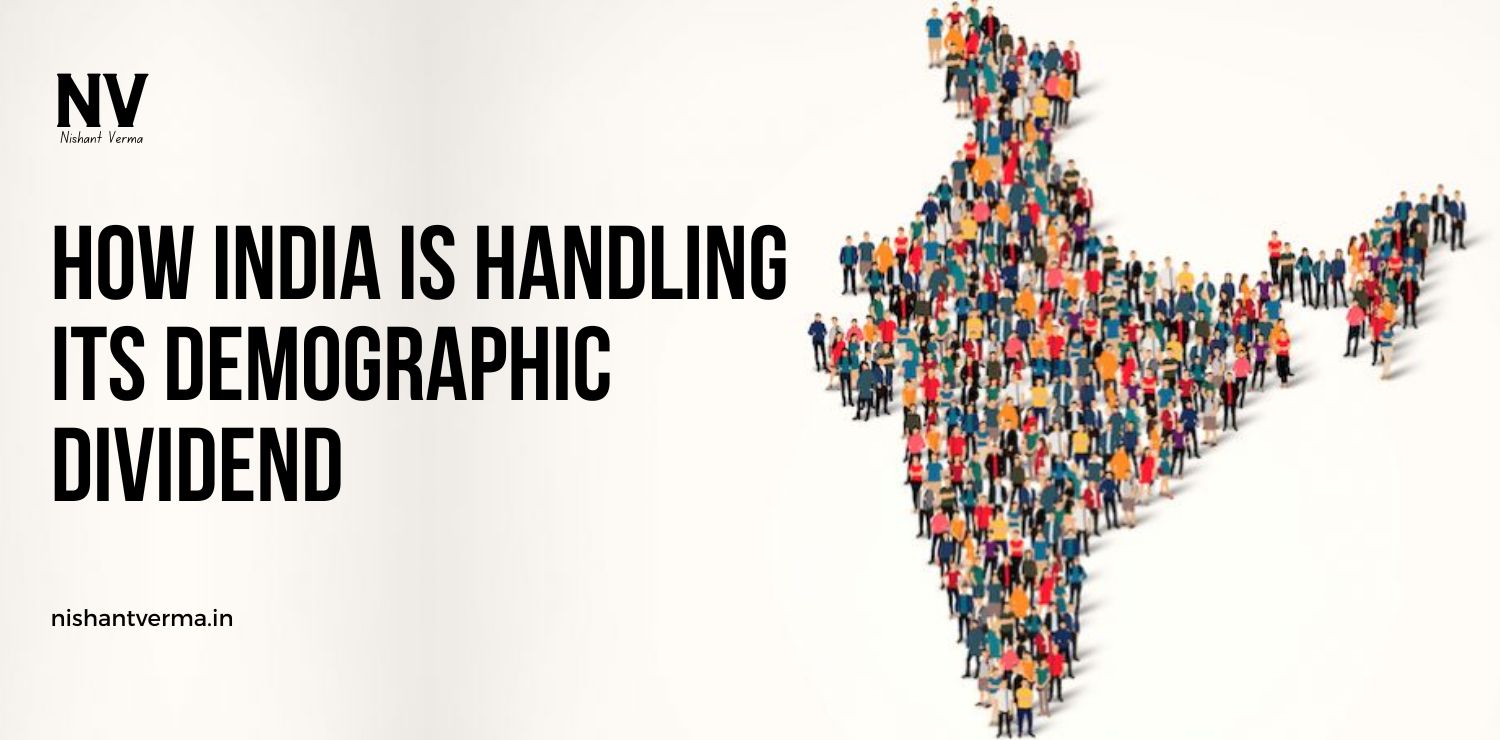Every year, on December 24th, India observes National Consumer Rights Day, a day dedicated to honoring consumer rights and raising awareness about the significance of consumer protection. This day holds particular importance in India, where a large section of the population is often unaware of their rights as consumers. The observance of this day seeks to empower consumers, inform them about their rights, and promote responsible consumption, ensuring that businesses uphold ethical standards and provide goods and services that meet the expectations of the consumer.
The Historical Context:
National Consumer Rights Day is celebrated on December 24th because it marks the day when the Consumer Protection Act was enacted in 1986. This legislation was a landmark step in India, designed to safeguard the interests of consumers across the nation. Prior to this Act, consumers had limited legal recourse when they faced grievances related to faulty products, unfair business practices, or deceptive advertising. The Consumer Protection Act aimed to address these issues and provide consumers with accessible mechanisms to protect themselves.
The Consumer Protection Act of 1986 is the foundation upon which the modern consumer rights movement in India rests. The Act provides for the establishment of consumer forums at the district, state, and national levels, offering a judicial platform where consumers can file complaints and seek redress for grievances. With the rise in the number of consumers and the growing complexity of consumer rights in an increasingly globalized economy, this Act has evolved over the years, with significant amendments, the most recent being in 2019.

The Significance of National Consumer Rights Day:
National Consumer Rights Day is not just about commemorating the enactment of the Consumer Protection Act; it is a call to action. It serves as a reminder that consumers have the power to demand fairness, transparency, and accountability in the marketplace. The day encourages consumers to be more proactive in asserting their rights, helping them become better informed about the products and services they purchase, and offering them the tools to combat malpractices in the marketplace.
In a country like India, where millions of people are still in the process of understanding their basic rights, National Consumer Rights Day plays a crucial role in raising awareness. The day also highlights the need for stricter enforcement of consumer protection laws, especially in the face of growing challenges such as counterfeit products, misleading advertisements, substandard services, and unregulated e-commerce platforms.

Consumer Rights in India:
On National Consumer Rights Day, it is essential to reflect on the rights that consumers in India are entitled to under the Consumer Protection Act. These rights are critical in ensuring that consumers are not exploited or deceived by businesses. The rights include:
- The Right to Safety: Consumers have the right to be protected from products and services that may be hazardous to their health or well-being. This includes ensuring that products are safe for use and that services are delivered with the necessary precautions.
- The Right to Information: Consumers have the right to access accurate information about the products and services they purchase. This right ensures that businesses provide clear, truthful, and unambiguous details regarding the price, quality, ingredients, usage, and risks associated with the product or service.
- The Right to Choose: Consumers are entitled to a variety of products and services at competitive prices. This right allows consumers to make informed decisions about what they buy, without being forced into unfair or monopolistic choices.
- The Right to Be Heard: Every consumer has the right to voice their concerns and complaints. Consumer forums, grievance cells, and ombudsmen offer platforms where consumers can raise issues related to faulty products or unethical business practices.
- The Right to Redressal: Consumers have the right to seek redress for grievances related to unfair trade practices, substandard goods, or deficient services. This right ensures that consumers can take legal action and receive compensation for any harm caused.
- The Right to Consumer Education: This right underscores the importance of educating consumers about their rights, responsibilities, and avenues for seeking justice. Consumer education is essential in empowering individuals to make informed choices.
Challenges in the Modern Consumer Landscape:
While the legal framework in India has evolved over the years to address consumer concerns, challenges remain. The rapid expansion of e-commerce, for example, has created new avenues for consumer grievances. With online shopping platforms hosting an array of sellers, consumers may face difficulties with product authenticity, return policies, and service quality. Additionally, the rise in digital transactions has led to an increase in fraudulent schemes and cybercrimes, further complicating consumer protection efforts.
Moreover, the unregulated marketing and advertising strategies employed by certain companies can sometimes mislead consumers. From exaggerated claims about health benefits to unrealistic product promises, such practices can undermine consumer trust. Despite the existence of regulatory bodies such as the Advertising Standards Council of India (ASCI), enforcing ethical advertising continues to be a significant challenge.
The Role of Government and Consumer Protection Bodies:
In India, several organizations and institutions work to ensure that consumer rights are upheld. The Department of Consumer Affairs under the Ministry of Consumer Affairs, Food and Public Distribution plays a central role in overseeing the implementation of consumer protection laws. Additionally, various consumer forums, regulatory bodies, and advocacy groups provide support to consumers who face difficulties in resolving disputes with businesses.
The National Consumer Disputes Redressal Commission (NCDRC), along with state and district forums, provides accessible legal avenues for consumers to file complaints. These forums are instrumental in providing a quick and efficient resolution to consumer disputes. The government has also launched consumer helplines, online portals, and awareness campaigns aimed at informing the public about their rights and avenues for redressal.

The Way Forward:
National Consumer Rights Day serves as a reminder of the importance of strengthening consumer rights in India. As the country continues to grow economically and technologically, it is essential to ensure that consumer protection laws evolve in tandem with these changes. There is a need for greater consumer awareness, especially in rural areas, where people may not be as familiar with their rights. Public education campaigns, combined with stricter enforcement of consumer laws, can help bridge the gap between consumer expectations and business practices.
Moreover, businesses must embrace transparency and ethical practices. By doing so, they can build trust with their customers and contribute to a more responsible and fair marketplace. For consumers, National Consumer Rights Day is an opportunity to recognize the importance of making informed choices, standing up for their rights, and supporting businesses that prioritize quality and customer satisfaction.
Conclusion:
National Consumer Rights Day is a celebration of consumer rights and the progress made in consumer protection laws in India. As we commemorate this day, it is important to reflect on the strides made toward safeguarding consumer interests while also acknowledging the challenges that lie ahead. By fostering greater awareness, strengthening legal frameworks, and encouraging responsible consumer behavior, India can create a marketplace that is fair, transparent, and respectful of the rights of every consumer. On December 24th, let us reaffirm our commitment to building a consumer-friendly society where fairness, justice, and equality prevail.




